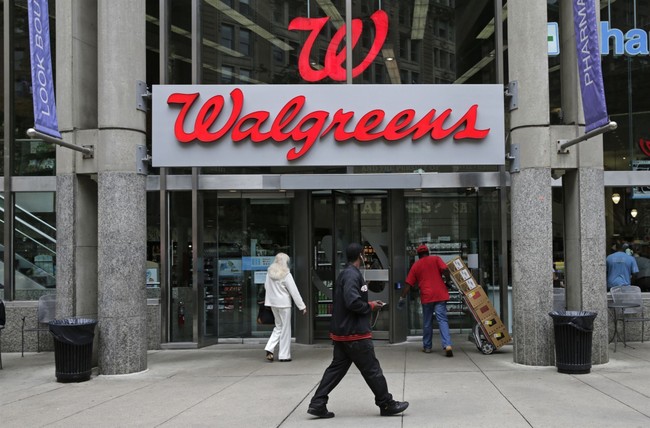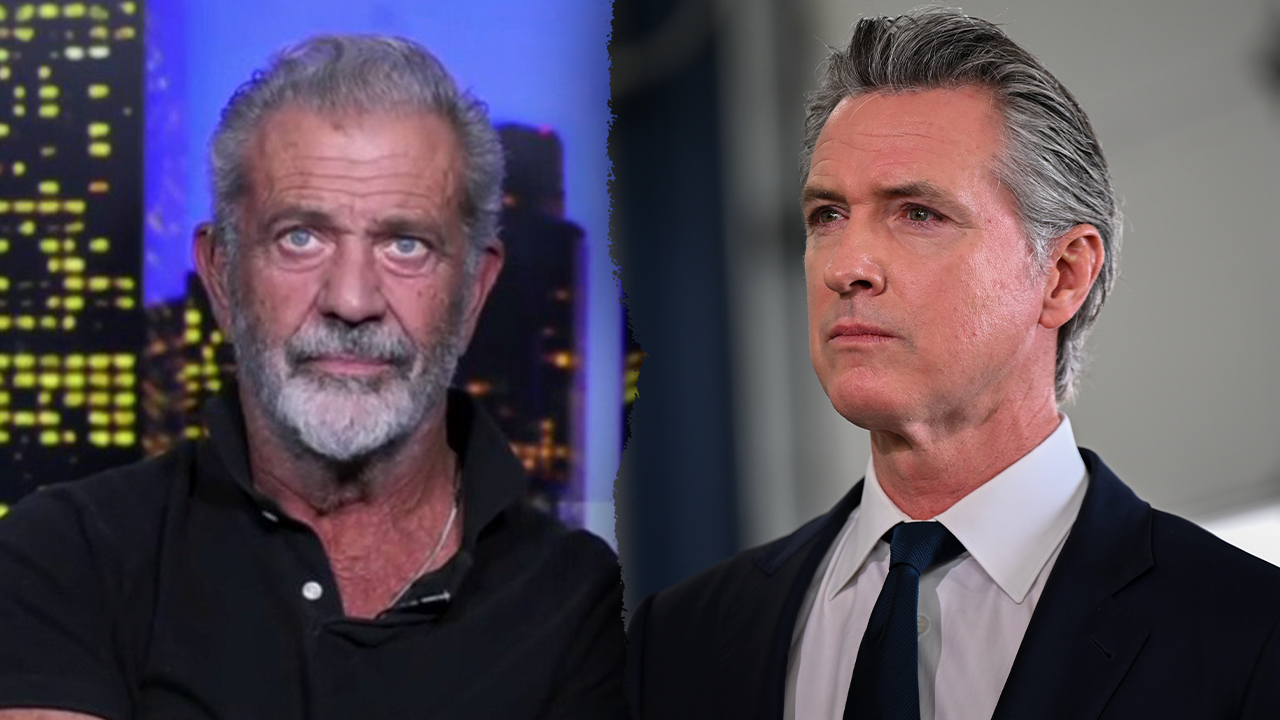CNN shares the good news that the shoplifting crisis is no longer a thing.
I’m not sure how true that is for a number of reasons, but what was striking about the CNN report was how casually the network reported that one of the reasons is that stores have had to make life worse for everyone in order to reduce “shrink.”
What happened to the great shoplifting crisis?https://t.co/lX7btykaEm
— Nathaniel Meyersohn (@nmeyersohn) September 13, 2024
No doubt, shoplifting HAS declined somewhat, although the statistics are likely skewed by the fact that it has proven to be pointless to report theft anymore. Shoplifters can be as brazen as they like because stores fire employees who try to stop the thefts. Presumably, this is because insurance costs rise if employees or shoplifters get injured in confrontations, and there is a PR backlash if something goes wrong during a confrontation.
Employees might even get arrested if things go very wrong, so better to let the “shrink” happen.
Anecdotal evidence but Walgreens $WBA is in a world of hurt.
Empty shelves, $2 hand soap is locked up, poor customer service. This is the nations largest pharmacy chain. pic.twitter.com/jKeJMF5fMN
— 𝐁𝐮𝐬𝐢𝐧𝐞𝐬𝐬𝐅𝐚𝐦𝐨𝐮𝐬 (@BusinessFamous) September 9, 2024
But let’s assume that shoplifting losses HAVE dropped like a rock. How did that happen?
Well, according to CNN, one of the big strategies is making life worse for honest customers:
Stores have also added ways to prevent theft, which may have been effective at reducing the problem, even if they frustrated shoppers. Companies locked up products and removed self-checkout stations.
This is what happens in a low-trust society. Life gets worse.
One of the main reasons that economic growth took off in the West is that as prosperity increased the incentives and desire to scam or steal from others reduced, and as that happened, people turned their efforts away from self-protection and toward pleasing customers. It becomes a self-sustaining virtuous circle. Less theft means prices go down, and the incentive to make life more convenient for customers goes up.
Dystopian retail capitalism has come to the Uptown Cub pic.twitter.com/QyIjSIBr8W
— Nick Harper (@nharpermn) June 22, 2024
The opposite can happen too. If you have to put everything behind locks customers are inconvenienced and you need more employees to service them, driving prices up or retailers out of an area altogether. Hence the store closures in crime-ridden areas.
Did you know that you can eat for free at WalMart? Here’s how: pic.twitter.com/C7sp3jIAtQ
— Dr. Jebra Faushay (@JebraFaushay) March 1, 2024
Reducing shoplifting by making life hell for customers is not the “win” that CNN and the MSM think it is. It is a regression to third-world economics. If stores see their customers as a potential threat–and many do, now–life is getting worse for everybody and the move away from universal prosperity continues apace.
Amazon benefits, of course, and stores like WalMart are expanding their delivery options. That’s great for some, and I doubt the laptop class spend a lot of time at stores if they can avoid it. In fact, that is true for me and likely many of you.
But this contributes to the hollowing out of our society, and the reduction in social trust is poison. Corporate profits might be bouncing back, but the decline in our quality of life and future prosperity continues apace.
Read the full article here




![Clinton Adviser Pushes ABC to Investigate Shocking Debate Rigging Claims [WATCH] Clinton Adviser Pushes ABC to Investigate Shocking Debate Rigging Claims [WATCH]](https://www.lifezette.com/wp-content/uploads/2024/09/2024.09.13-01.24-lifezette-66e43d01ef135.jpg)
![Trudeau Makes a Startling Confession About Border Security Failures [WATCH] Trudeau Makes a Startling Confession About Border Security Failures [WATCH]](https://www.lifezette.com/wp-content/uploads/2024/12/2024.12.10-08.20-lifezette-6758a2784e903.jpg)



![Alyssa Farah Griffin Takes a Stand on ‘The View’ in Heated Free Speech Debate [WATCH] Alyssa Farah Griffin Takes a Stand on ‘The View’ in Heated Free Speech Debate [WATCH]](https://www.lifezette.com/wp-content/uploads/2024/12/2024.12.12-07.46-lifezette-675b3d96098cd.jpg)